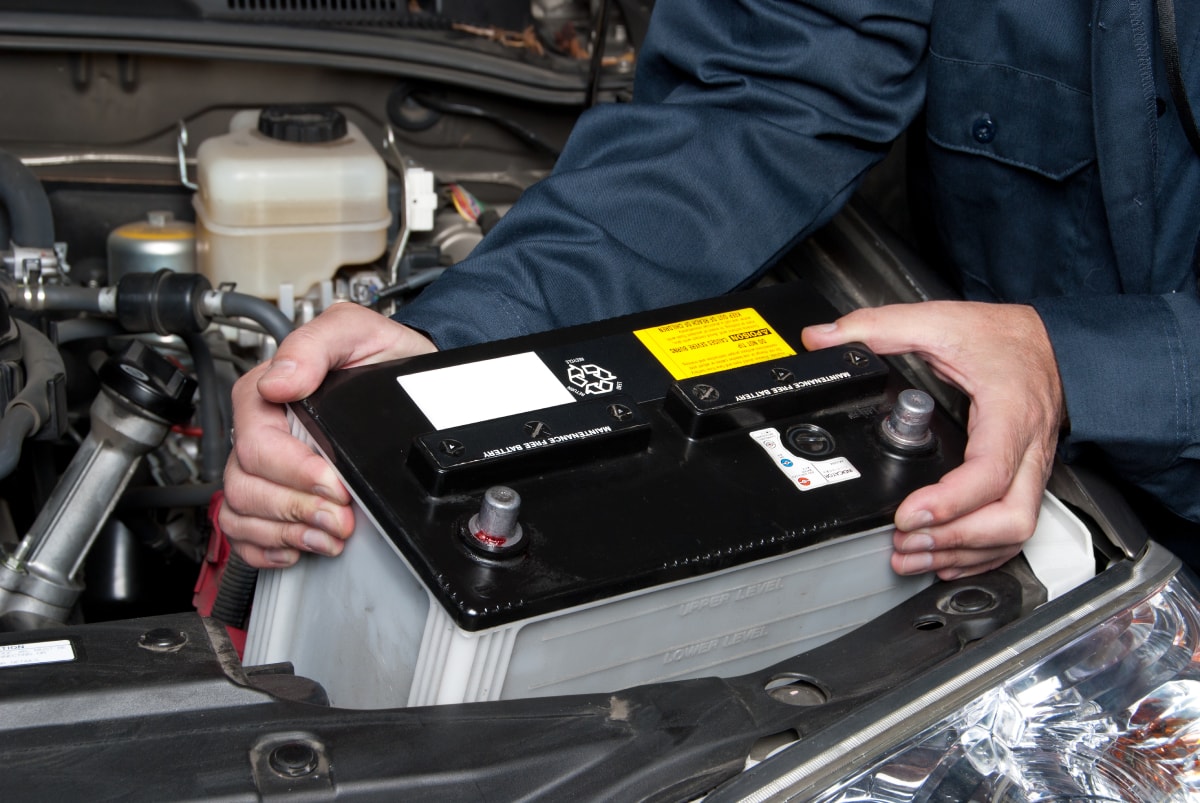The winter season can be harsh not only for you but for your car as well. From dead batteries by getting stuck in the snow, the winter season is not a friend for most vehicles. However, whether you like it or not, winter will come and you have to face the freezing weather in going to work or school and everyday life. What can you do to minimize the discomfort brought by the winter season? You need to get your car ready.
If your car is not yet ready for the winter, then these tips will help you prepare your vehicle:
Change your car’s oil
This is something you need to do regularly but more so, during winter. It is important that your vehicle’s oil has the right viscosity at this time of the year. An oil that is too thick will not be able to lubricate the engine properly. Check with your car’s manual what type of oil is recommended for freezing temperatures.
Check your battery
Make sure your battery is functioning properly and corrosion-free. The more you need to have your car’s battery checked by a professional if it is more than 3 years old. Remember, during winter, your car may require more from its battery in order to start. The last thing you would want to experience is a car dying in the middle of a snow storm.
Get a basic tune-up
It is recommended that you get a tune-up every 30,000 miles. A car that is properly tuned up will not just increase your gas mileage, but will also improve its performance during the cold weather. Aside from that, a tune up will increase the life span of your vehicle and reduce emissions. If your scheduled tune-up is scheduled during winter, consider doing it earlier to prevent any problems during the winter.
Check your tires
Make sure your tires are functional, properly inflated, and not worn out. Your tires should be in their best condition during winter so that it will have the best traction for snow and icy conditions. If they are not, replace them or consider investing in some snow tires, especially if you are living in areas with tough winter weather conditions. Snow and winter tires have tread patterns that are specifically designed for traction on a snowy and slippery road.
Keep your gas tank full
Never let your gas tank get empty, especially during winter. The cold weather can cause condensation on an empty gas tank, freeze your fuel lines, and block the gas flow to your engine. If this happens, you will be faced with engine overheating issues and other car problems. Keep your tank full or at least ½ full all the time. Purchase an antifreeze or coolant in order to prevent the buildup of ice in your car.
Winter is coming, make sure your car is ready by following the tips mentioned above.





